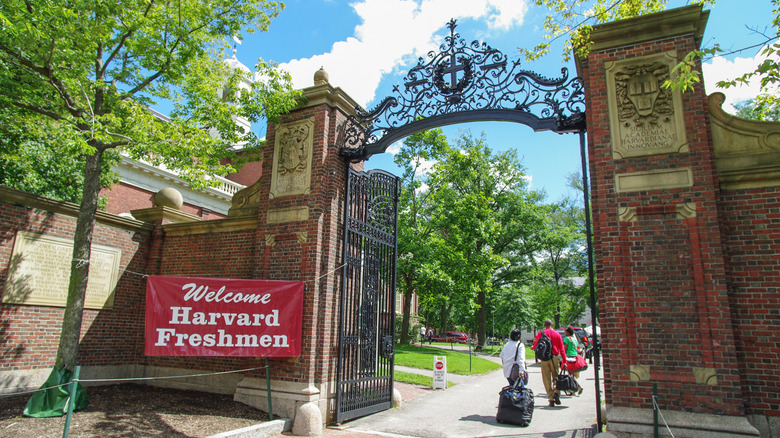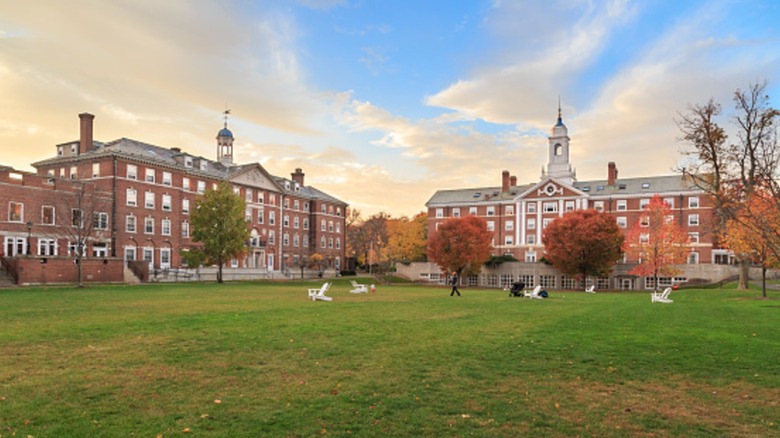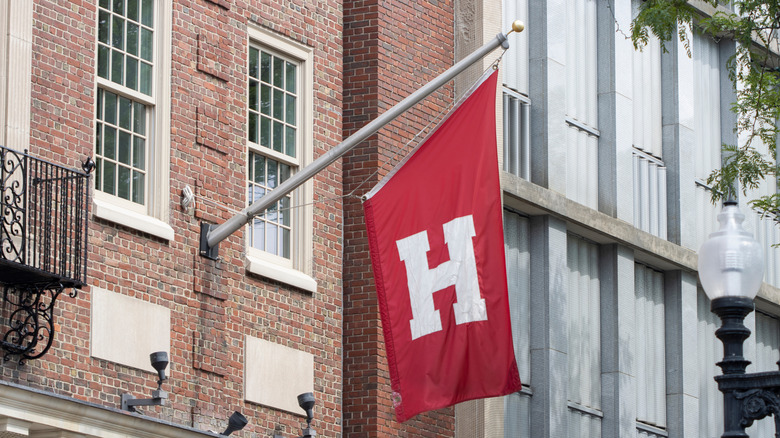Why Harvard's Acceptance Rate Is So Low
Harvard University, which has been producing talented graduates since the 17th century, is consistently ranked among the finest universities on the planet, coming third behind the U.K.'s University of Oxford and the Massachusetts Institute of Technology on the Times Higher Education World University Rankings 2025. An elite seat of learning and the oldest academic university in America, it admits just under 2,000 undergraduates per year and offers a wide curriculum across the sciences, humanities, and more.
For many, studying at Harvard University is both a dream and a valuable stepping stone toward a successful career whether that be within academia or elsewhere. But the truth is that Harvard is exceptionally exclusive, with an acceptance rate among applicants that is often lower than 3.5%. Nevertheless, this doesn't put off ambitious would-be students — indeed, the growing number of applicants despite the university's exclusivity means, that with a fixed number of places per academic year, the acceptance rate is likely to shrink even further. So what exactly is Harvard looking for in potential applicants?
The requirements to get into Harvard University
"There is no formula for gaining admission to Harvard," states the university's website. But in reality, the truth is that those hoping to become students at one of the world's most prestigious universities do require an immensely impressive academic record demonstrating high achievement in high school.
This takes the form of at least a 1580 SAT score or a 36 ACT. On top of that, entrants generally require a 4.2 GPA or higher, if this is lower, you can compensate with a higher SAT or ACT.
But on top of your actual grades, the Harvard admissions board takes into account a number of different variables concerning your life up to the point of your application to try to ascertain whether you truly are the caliber of applicant they want to welcome to the university campus (which, it turns out, has some strange college traditions). In addition to your academic performance, the board is interested in extracurricular activities such as sports and creative hobbies, as well as a demonstration of community involvement and a strong personal character. In general, this means you need to be well-rounded and academically talented to stand the best chance of getting into Harvard University — a tough ask for anyone regardless of intelligence.
How Harvard compares to other elite universities
Is a 3.5% acceptance rate really that rare among the best universities in the world? And is it worth persevering to try to get into Harvard if you have been rejected, or should you take your brain and money elsewhere?
Well, it turns out that Harvard is especially competitive, even among the elites. The University of Oxford, for example, has an overall acceptance rate which fluctuates between 13% and 17%, far higher than Harvard. It is worth bearing in mind, however — for Harvard and Oxford — that these rates are across the board, and that individual colleges and courses may have their own individual acceptance rates which are far different.
Of course, the best thing applicants can do if they are rejected is to move on. If you have applied to multiple universities and have received other offers, you can enroll with the best university you were accepted into. If your heart is set on a particular university and you initially don't get in, you can always wait another year and re-apply having analyzed your mistakes and prepared to give yourself an even better chance of making the cut.


